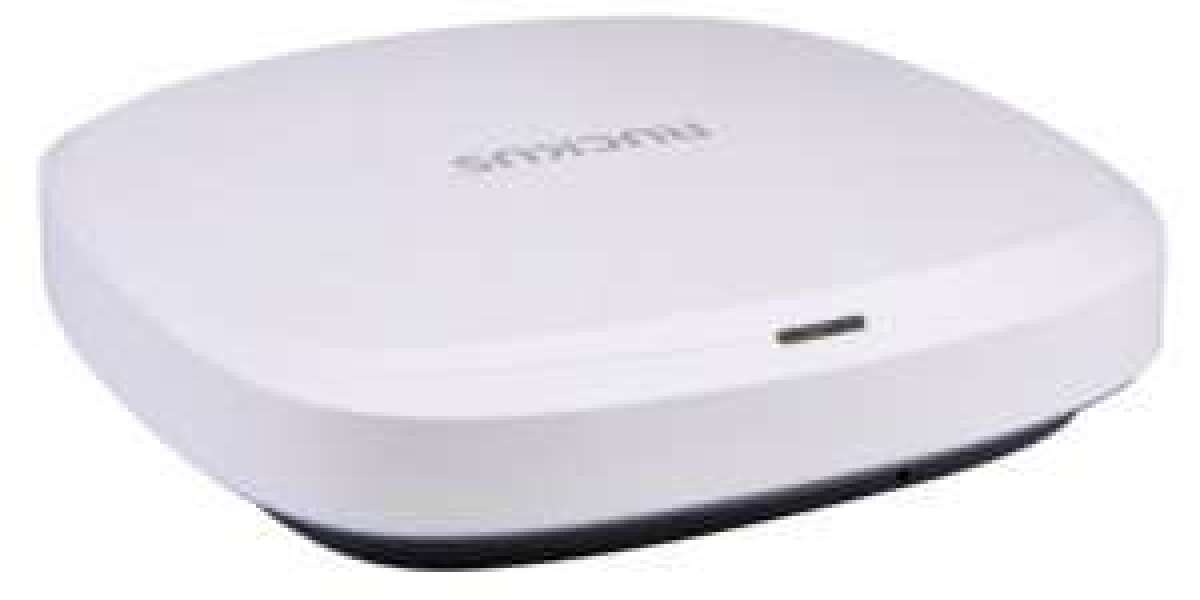Preventing hernia problems involves adopting lifestyle habits and practices that minimize the risk of developing hernias or aggravating existing conditions.
Here are some key strategies to help prevent hernias:
Maintain a Healthy Weight:
- Excess weight puts strain on the abdominal muscles, increasing the risk of hernias. Maintaining a healthy weight through a balanced diet and regular exercise can help reduce this risk.
Proper Lifting Techniques:
- When lifting heavy objects, use proper techniques to avoid straining the abdominal muscles. Bend at the knees, keep the back straight, and lift with the legs rather than the back.
Avoid Straining During Bowel Movements:
- Straining during bowel movements can increase intra-abdominal pressure and contribute to the development of hernias. Ensure an adequate intake of fiber and stay hydrated to promote regular and comfortable bowel movements.
Strengthen Abdominal Muscles:
- Engage in exercises that strengthen the abdominal muscles, such as core workouts. Strong abdominal muscles provide better support to the abdominal wall, reducing the risk of hernias.
Quit Smoking:
- Smoking can weaken connective tissues and hinder the body's ability to heal. Quitting smoking promotes overall health and may reduce the risk of hernia development.
Maintain Good Posture:
- Poor posture can strain the muscles and contribute to the development of hernias. Pay attention to maintaining good posture, especially when sitting for extended periods.
Address Persistent Coughing:
- Chronic coughing can strain the abdominal muscles and contribute to the formation of hernias. Seek medical attention to address underlying respiratory issues and manage coughing.
Lift and Carry Safely:
- When lifting or carrying heavy objects, distribute the weight evenly and avoid sudden, jerky movements. Use tools or equipment to assist with lifting whenever possible.
Treat and Manage Chronic Conditions:
- Conditions that lead to increased intra-abdominal pressure, such as constipation or chronic obstructive pulmonary disease (COPD), should be effectively managed with medical guidance.
Regular Health Check-ups:
- Regular check-ups with a healthcare professional can help detect early signs of hernias or conditions that may contribute to their development. Timely intervention can prevent complications.
It's important to note that while these preventive measures can reduce the risk of hernias, they may not guarantee complete prevention. If you suspect a hernia or experience symptoms such as pain, bulging, or discomfort, it is crucial to seek prompt medical attention for a proper diagnosis and appropriate management.
Read More - Best Hernia Surgeon in Delhi







